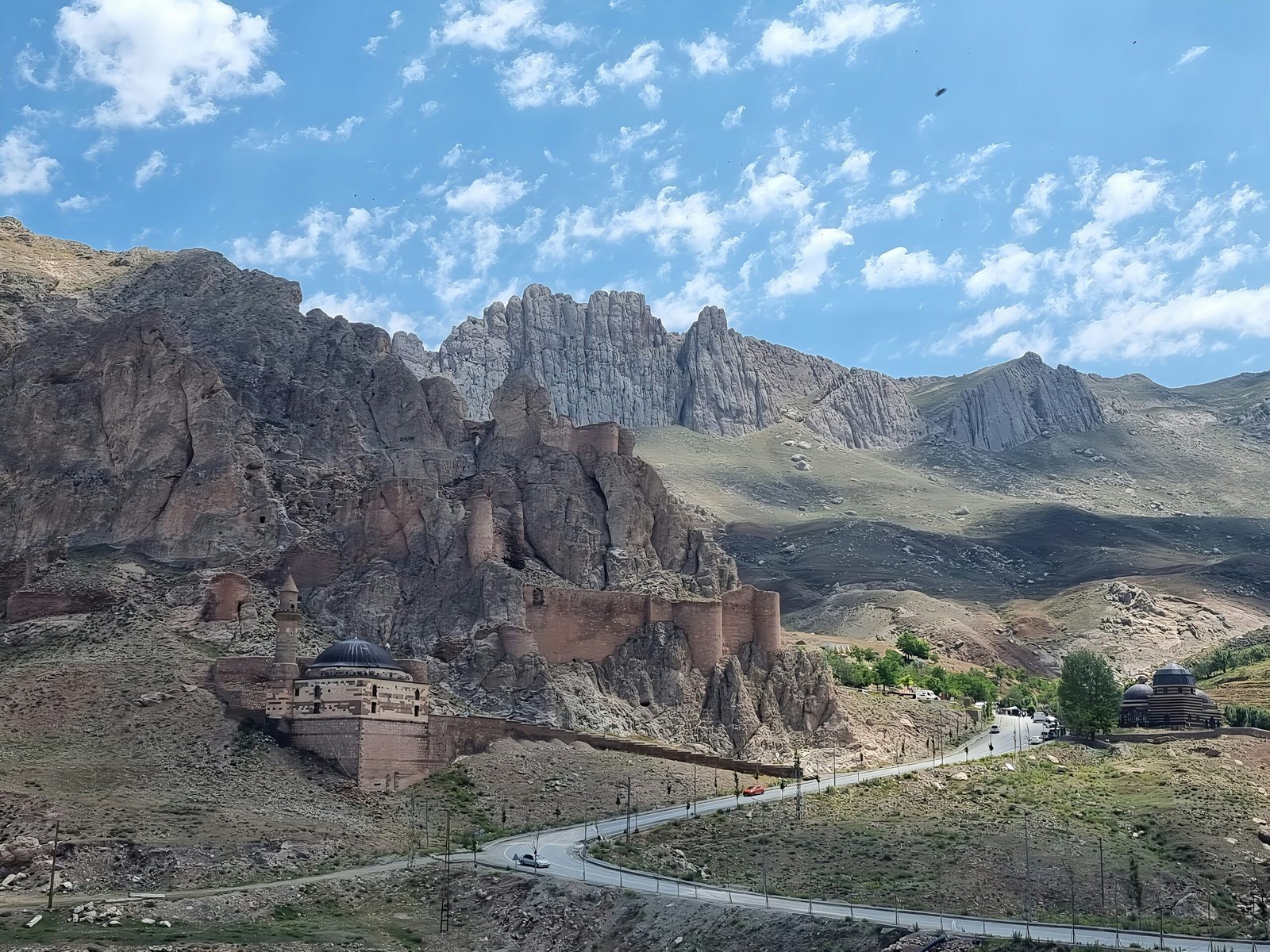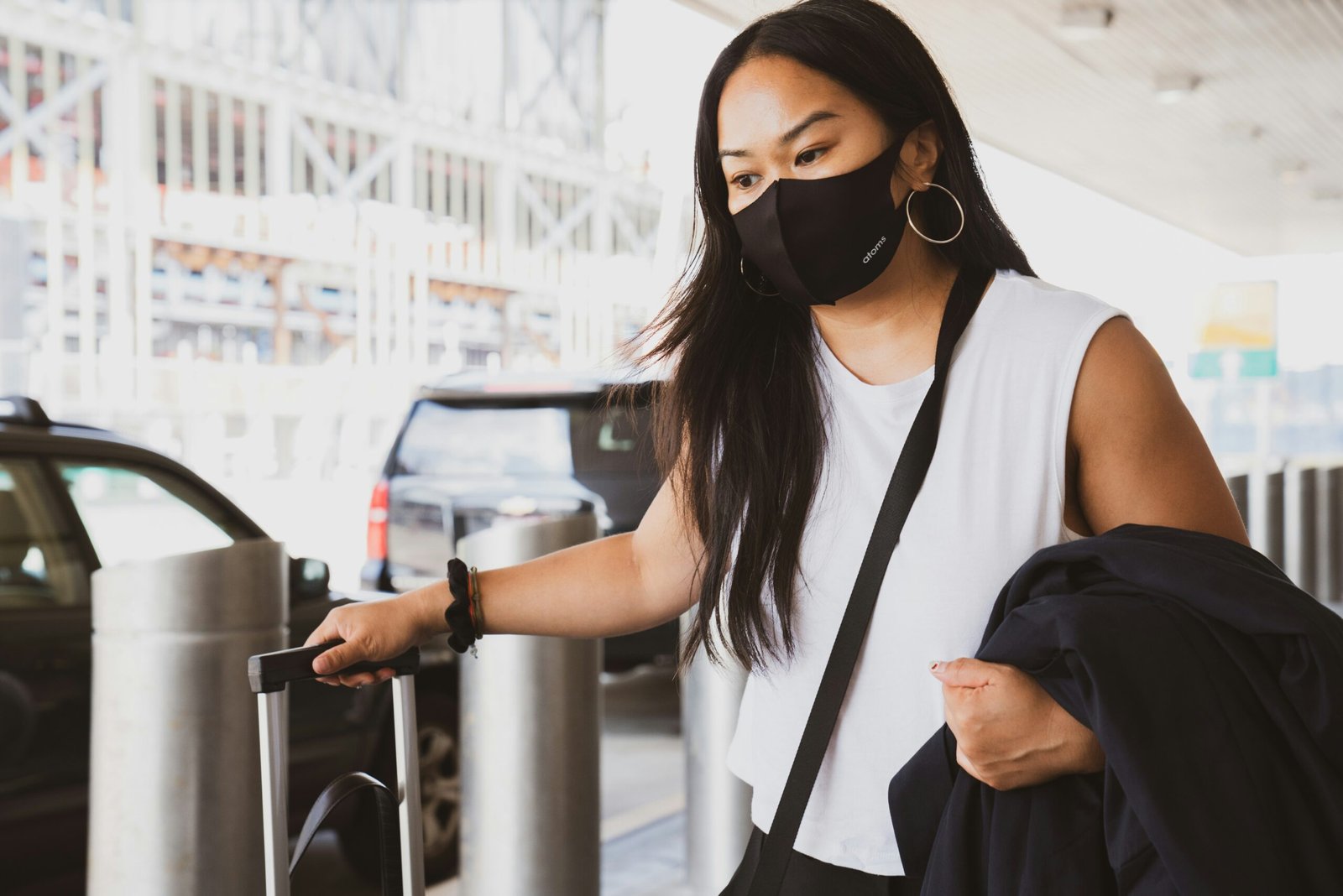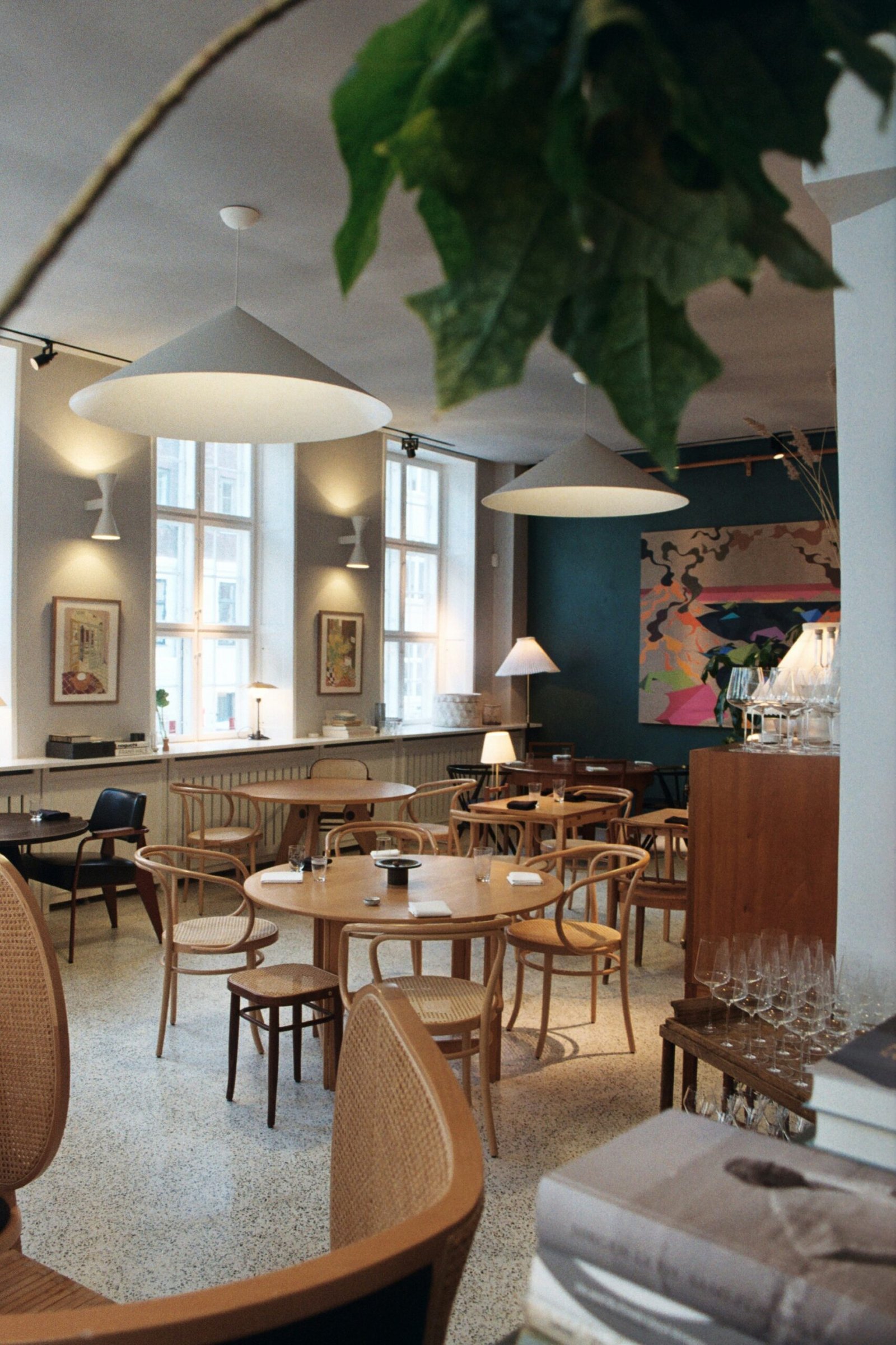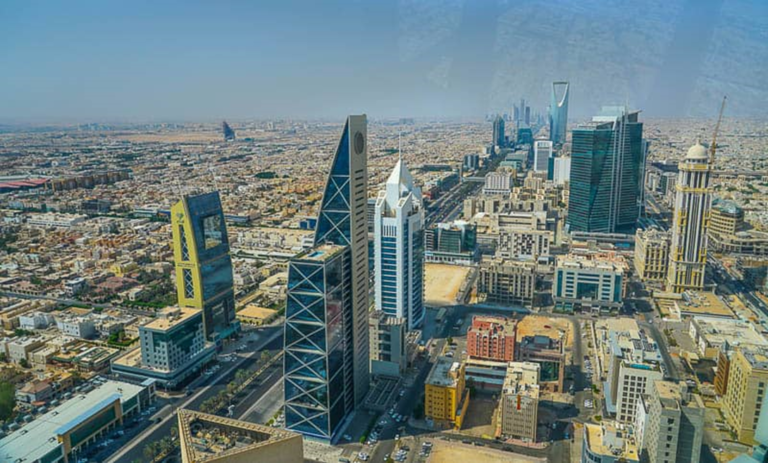Understanding the Landscape: LGBTQ Rights in Eastern Europe
The landscape of LGBTQ rights in Eastern Europe is diverse and complex. This region includes a variety of countries, each with its specific legal frameworks and cultural attitudes toward LGBTQ individuals. While some countries, such as Slovenia and Croatia, have made significant strides in establishing legal protections, including marriage equality and anti-discrimination laws, others lag behind, exhibiting more conservative and restrictive policies.
For instance, in Russia and some neighboring countries, LGBTQ rights are severely limited, with laws that prohibit “propaganda of non-traditional sexual orientations.” This legal stance has contributed to an environment where societal attitudes are often hostile, resulting in increased instances of homophobia and discrimination. In light of these facts, LGBTQ travelers may face challenges related to public safety and personal expression, making it imperative to stay informed about local laws and societal norms.
Moreover, the political climate in certain Eastern European countries has a direct correlation with the acceptance of LGBTQ individuals. Countries like Hungary have witnessed a significant backlash against LGBTQ rights in recent years, with the government imposing restrictions that affect societal perceptions and treatment of LGBTQ citizens. On the other hand, nations such as Czech Republic and Estonia have demonstrated a more welcoming approach, fostering a vibrant LGBTQ community and promoting initiatives to enhance visibility and rights.
It is crucial for LGBTQ travelers to navigate this varied landscape with awareness and preparation. Engaging with local LGBTQ groups, consulting travel advisories, and respecting local customs may enhance the overall travel experience, helping individuals connect with safe spaces. By understanding the political and social climate of each destination, LGBTQ travelers can better safeguard their well-being while enjoying the rich cultural tapestry of Eastern Europe.
Researching Your Destination: Key Considerations
When planning a trip, particularly as an LGBTQ traveler in Eastern Europe, thorough research is essential to ensure a safe and enjoyable experience. Different countries in this region have varying degrees of acceptance and legal protections for LGBTQ individuals, so navigating these differences can help avoid potential pitfalls during your journey.
One of the first steps is to identify LGBTQ-friendly accommodations. Many cities within Eastern Europe feature hotels, hostels, and guesthouses that openly welcome LGBTQ travelers. Resources such as LGBTQ travel guides and websites dedicated to providing information about inclusive lodgings can be invaluable. Online platforms like TripAdvisor or Booking.com may also offer reviews from fellow travelers, helping you choose a place where you will feel comfortable and secure.
Understanding the local laws surrounding same-sex relationships is another crucial aspect of your research. While some countries in Eastern Europe have made significant strides in LGBTQ rights, others may still have restrictive laws. Familiarizing yourself with the legal framework in your chosen destination can help you better gauge the societal attitudes towards LGBTQ individuals. This awareness not only informs your interactions but can also influence your safety and security while traveling.
Additionally, keep an eye on travel advisories issued by your government or reputable organizations regarding LGBTQ safety in specific destinations. Such advisories may highlight potential threats or concerns in particular areas, offering guidance on safe practices. By assessing these advisories, you can make informed travel decisions, thereby enhancing your overall experience.
In conclusion, diligent research of your destination significantly contributes to a secure and fulfilling travel experience. By prioritizing LGBTQ-friendly accommodations, understanding local laws, and staying informed about travel advisories, you will be well-prepared for your journey through Eastern Europe.
Finding Safe Spaces: LGBTQ-Friendly Accommodations and Venues
Traveling as an LGBTQ individual in Eastern Europe necessitates careful planning, particularly when it comes to selecting accommodations and social venues. Identifying LGBTQ-friendly spaces is essential in fostering a comfortable and secure environment where travelers can fully enjoy their experiences. Numerous resources can aid in this endeavor, including dedicated LGBTQ travel guides, mobile applications, and websites. These platforms offer curated lists of safe spaces that cater specifically to the needs of LGBTQ travelers.
When searching for accommodations, consider utilizing well-known booking platforms that allow users to filter listings based on LGBTQ-friendly criteria. Websites such as Airbnb and Booking.com often feature user reviews, which can provide insights into the welcoming nature of specific properties. It is advisable to look for hotels and hostels that actively promote inclusivity or have received positive feedback from LGBTQ guests. These places often have policies in place to ensure safety and comfort for all visitors, contributing to an overall sense of community.
In addition to lodging, the choice of bars, clubs, and public spaces can greatly influence the travel experience. Engaging with local LGBTQ organizations or community groups can help identify safe venues that host events and gatherings. Online forums and social media platforms also serve as valuable tools; they can connect travelers with firsthand accounts and recommendations from fellow LGBTQ individuals who have visited the region.
Ultimately, choosing LGBTQ-friendly accommodations and venues enhances one’s journey by creating a sense of belonging and safety. Prioritizing comfort and inclusivity contributes to positive travel experiences, allowing for authentic connections and a deeper appreciation of Eastern Europe’s diverse culture.
Navigating Social Interactions: Tips for Staying Discreet
For LGBTQ travelers visiting Eastern Europe, understanding the social landscape is paramount to ensuring a safe and enjoyable experience. Given that some regions may have conservative attitudes towards sexual orientation, discretion in social interactions is often essential. One effective strategy is to read non-verbal cues and body language, which can act as indicators of the general acceptance of LGBTQ individuals within a specific context. When engaging with new acquaintances, maintaining a neutral demeanor and observing how others express themselves can provide valuable insights into the local sentiments regarding LGBTQ issues.
Conversational topics should be approached with care. It is advisable to steer clear of discussions that may overtly reveal your sexual orientation, especially in unfamiliar settings. Instead, focus on neutral subjects such as local culture, food, travel experiences, and current events. This strategy not only helps in blending in but also mitigates the risk of inadvertently offending anyone or attracting unnecessary attention to your identity. Additionally, gauging the reactions of those around you can provide further context; if anyone appears uncomfortable or disapproving, it might be wise to shift the discussion to more general topics.
Another critical aspect of navigating social interactions is understanding local customs and norms. Each country and even cities within those countries can have distinct cultural attitudes. Before embarking on your journey, consider researching local LGBTQ laws, prevalent stereotypes, and accepted behaviors to better equip yourself for various scenarios. Engaging with online LGBTQ forums or connecting with local LGBTQ organizations can also yield helpful advice tailored to specific destinations. By adhering to these guidelines, LGBTQ travelers can significantly reduce the chances of encountering uncomfortable situations while still enjoying their travels in Eastern Europe.
Emergency Contacts: Knowing Who to Reach Out To
Traveling can be both an exhilarating and daunting experience, especially for LGBTQ travelers in regions where societal attitudes may vary. Preparation is key, particularly when it comes to knowing whom to contact in the event of an emergency. By familiarizing yourself with local resources, you will be better equipped to handle adverse situations, including harassment or discrimination.
One primary contact to establish before your journey is the local LGBTQ organizations within your destination country. These groups often provide crucial support services, ranging from emergency hotlines to legal assistance. For instance, many major cities have dedicated LGBTQ organizations that you can reach out to for guidance, support, and sometimes, refuge. Collect information on their contact numbers and addresses, ensuring you have them accessible in both digital and physical formats.
In addition to local LGBTQ organizations, identifying the nearest embassy or consulate of your home country is vital. Should you face any legal troubles or require urgent help, these entities can provide support and guidance, especially in unfriendly environments. Document their contact information and hours of operation to include in your travel plans.
Lastly, familiarize yourself with the local emergency services. Understand what number to dial for police assistance, medical help, or fire services. In some countries, calling an emergency number can provide immediate support, while others may have a more complicated procedure. Knowing how to access help not only improves your chances of obtaining assistance but also enhances your overall sense of security.
While traveling in Eastern Europe, taking these precautionary measures can make a significant difference in ensuring your safety. Understanding whom to contact in case of emergencies prepares you for unforeseen circumstances and promotes a confident travel experience.
Travel Insurance: Why It Matters for LGBTQ Travelers
Traveling as an LGBTQ individual in Eastern Europe can be a transformative experience, but there are challenges that may arise specifically related to one’s identity. Therefore, securing comprehensive travel insurance is essential for ensuring safety and peace of mind. Unlike traditional travel insurance policies that may focus solely on trip cancellations, baggage loss, or health emergencies, travel insurance for LGBTQ travelers should be tailored to address the unique risks faced in various destinations.
One important aspect of travel insurance is the provision for trip cancellation, particularly when discrimination-related issues arise. Unfortunately, instances of hostility or bias are not uncommon in certain regions, and travelers may find themselves needing to cancel their plans due to discriminatory behavior encountered in accommodations or on transportation. Policies that cover cancellation for these reasons offer vital protection, reducing financial losses and allowing travelers to reschedule their trips safely.
Additionally, access to mental health care while traveling can be another crucial feature of a policy. The mental toll of navigating environments that may not be welcoming can be significant. Travelers may benefit from having access to counseling services or emergency mental health support as part of their travel insurance. This ensures that LGBTQ travelers can cope with any distressing situations they encounter during their journey.
Moreover, civil rights violations, including unlawful detention or harassment by authorities, are serious concerns for LGBTQ individuals traveling abroad. Insurance that covers legal assistance in such situations can be incredibly beneficial. By having access to resources and support, travelers can feel more secure exploring new countries, knowing that help is available should they require it.
In conclusion, comprehensive travel insurance addressing the distinct needs of LGBTQ travelers is not merely a safety net; it is an essential component of a worry-free travel experience. With the right policy in place, travelers can embark on their adventures equipped with the assurance that they are protected against various potential challenges.
Cultural Sensitivity: Engaging with Local Communities
Traveling as an LGBTQ individual in Eastern Europe necessitates an awareness of the diverse cultural landscapes and social attitudes that exist within the region. Understanding local customs and traditions is crucial not only for personal safety but also for fostering respectful and meaningful connections with local communities. Each country in Eastern Europe has its unique culture, some of which may have conservative views on LGBTQ issues. Therefore, sharing one’s identity must be balanced with sensitivity toward local perspectives.
One of the fundamental aspects of cultural sensitivity is recognizing and respecting the norms of the destination. Researching the local culture before embarking on your journey can provide valuable insight into appropriate behaviors and expressions. Engaging with local customs, such as greetings, dining etiquette, and general social interactions, can significantly enhance your experience and diminish the potential for misunderstandings or offense. For instance, in some societies, public displays of affection may be frowned upon, making it essential to gauge the social climate before expressing intimacy.
Additionally, learning key phrases in the local language can serve as a powerful tool for bridging gaps and fostering connections. Simple greetings or expressions of gratitude can go a long way in demonstrating respect and appreciation for the local culture. It may also open doors to conversations that promote understanding and acceptance while nurturing a positive atmosphere for LGBTQ travelers.
Moreover, it is crucial to approach discussions around LGBTQ topics with sensitivity. Each community has its struggles and triumphs, and open-minded dialogue should be encouraged but executed delicately. Utilizing discretion can help avoid inadvertently placing local individuals in uncomfortable situations regarding their beliefs or safety. By prioritizing cultural sensitivity, LGBTQ travelers can engage authentically with local communities, leading to enriching experiences during their journeys in Eastern Europe.
Digital Safety: Protecting Your Online Presence
In today’s digital age, maintaining a secure online presence is crucial for all travelers, particularly for those who identify as LGBTQ and may face additional risks. Utilizing a Virtual Private Network (VPN) is one of the most effective ways to ensure online privacy. A VPN encrypts your internet connection, making it more difficult for hackers or governmental bodies to intercept your data. This is especially important when connecting to public Wi-Fi networks, commonly found in hotels and cafes, which can be prime targets for cybercriminals.
Moreover, LGBTQ travelers should exercise caution when using social media platforms. Travelers often share their experiences and connect with locals through these networks, but it’s essential to be mindful of privacy settings. Ensuring that personal information is not publicly visible can help mitigate potential unwanted attention or harassment. Consider limiting your online interactions that reveal your location or personal details, especially in countries where LGBTQ rights are not widely recognized. Using pseudonyms or generic profiles for travel-related social media interaction can also assist in maintaining anonymity.
In addition to social media considerations, safeguarding sensitive information on mobile devices is paramount. Always use strong, unique passwords for various applications and accounts, and enable two-factor authentication wherever possible. Regularly update software and apps to patch security vulnerabilities that may be exploited by cyber attackers. If you need to access sensitive information or conduct financial transactions while traveling, it may be worthwhile to consider using a mobile device specifically dedicated to these activities, ensuring that it contains minimal personal data that could be compromised.
By implementing these digital safety measures, LGBTQ travelers can significantly enhance their online security and navigate the digital landscape with greater confidence while exploring Eastern Europe.
First-Hand Experiences: Stories from LGBTQ Travelers
Traveling through Eastern Europe can be a nuanced experience for LGBTQ individuals, as the region is characterized by a diverse array of cultures and attitudes towards sexual orientation and gender identity. Many LGBTQ travelers report mixed feelings about their visits, with some sharing enlightening experiences while others recount significant challenges faced during their journeys. These narratives collectively highlight the importance of being informed and prepared when venturing into less accepting environments.
One traveler, Alex, shared their experience in Budapest, where they found the city to be a vibrant hub for LGBTQ culture, with thriving nightlife and inclusive spaces. Alex remarked on the friendly locals and even participated in a pride event that celebrated diversity. However, they also noted that away from tourist areas, overt displays of affection could draw negative attention. This duality in experience is not uncommon among LGBTQ travelers in Eastern Europe, often requiring situational awareness and a certain level of discretion.
Conversely, Sarah traveled to Warsaw and encountered instances of both acceptance and hostility. While she enjoyed visiting LGBTQ-friendly establishments, she described moments where she felt uneasy when expressing her identity. In one instance, while walking through a public park, she was subject to derogatory remarks, highlighting the societal divides that still exist in some cities. Sarah concluded that knowledge of local customs and being cautious could prove essential for safety and enjoyment.
Meanwhile, Jonas recounted a trip to Prague, where he felt an overwhelming sense of acceptance. He participated in local LGBTQ events and found the community to be welcoming and inclusive. However, he advised future travelers to research the political climate and stay informed about any changes in legislation that might affect LGBTQ rights. These personal stories showcase the rich tapestry of experiences available to LGBTQ travelers in Eastern Europe, emphasizing the need for both caution and exploration in equal measure.
















